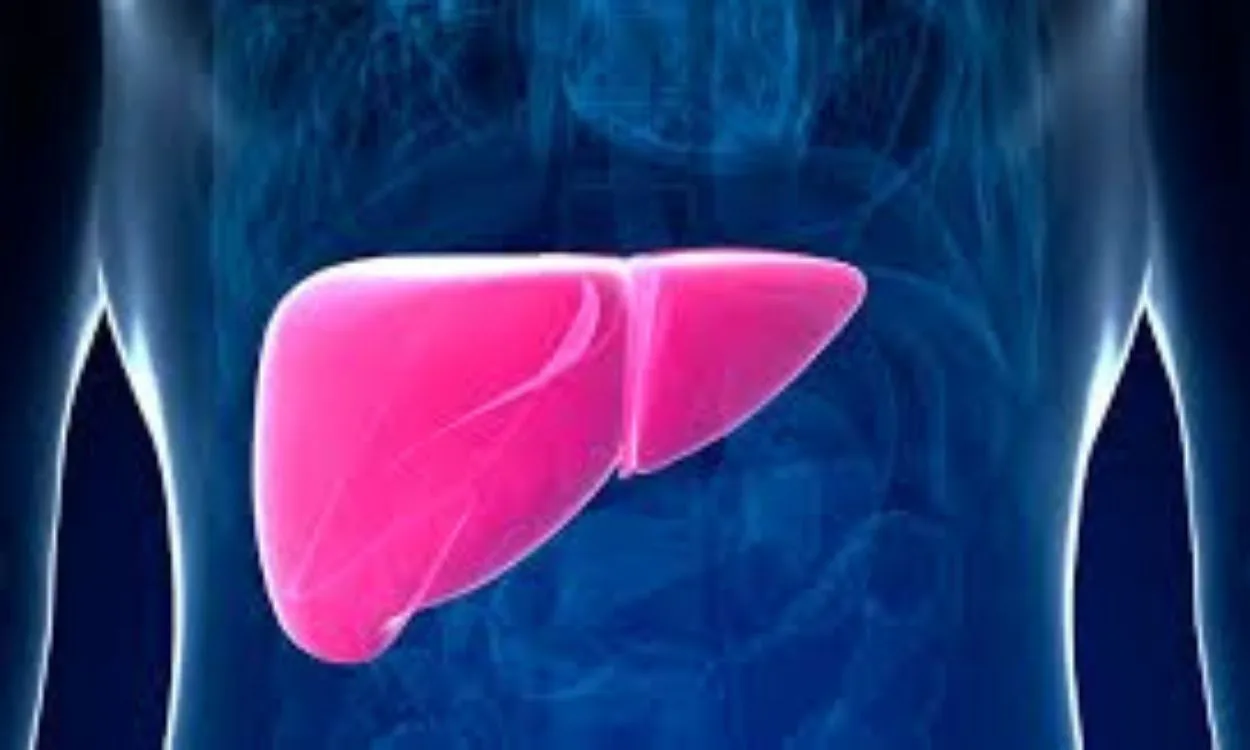How PCOD Influences Liver Health and Function
Polycystic Ovary Syndrome (PCOS) is a complex endocrine disorder that affects millions of women in India, causing a range of hormonal imbalances and metabolic disturbances. While PCOS is commonly associated with reproductive health issues, its impact on the liver’s health and function is often overlooked. Understanding the intricate connection between PCOS and liver health is crucial for managing the condition effectively and preventing long-term complications.
The Link Between PCOS and Liver Health
Hormonal Imbalance and Insulin Resistance
PCOS is characterized by hormonal imbalances, particularly elevated levels of androgens (male hormones) such as testosterone. These hormonal disruptions can lead to insulin resistance, a condition in which the body’s cells become less responsive to the effects of insulin. As a result, the pancreas produces more insulin to maintain normal blood sugar levels, leading to elevated insulin levels in the bloodstream.
Impact on Liver Metabolism
The liver plays a central role in regulating metabolism and maintaining glucose homeostasis. In the presence of insulin resistance, the liver responds by increasing its production of glucose through a process called gluconeogenesis. Elevated insulin levels also promote the synthesis of fatty acids in the liver, leading to the accumulation of fat within liver cells, a condition known as non-alcoholic fatty liver disease (NAFLD).
Inflammation and Oxidative Stress
Insulin resistance and the associated metabolic disturbances in PCOS can contribute to low-grade inflammation and oxidative stress in the liver. Chronic inflammation and oxidative damage can impair liver function, leading to the progression of NAFLD to more severe forms of liver disease, such as non-alcoholic steatohepatitis (NASH) and fibrosis.
Risk of Non-Alcoholic Fatty Liver Disease (NAFLD)
Women with PCOS are at a higher risk of developing NAFLD compared to those without the syndrome. The accumulation of fat in the liver, coupled with the pro-inflammatory and pro-oxidative environment, increases the likelihood of developing NAFLD. Moreover, the presence of NAFLD in women with PCOS can exacerbate insulin resistance and hormonal imbalances, creating a vicious cycle of metabolic dysfunction.
Managing PCOS and Protecting Liver Health
Lifestyle Modifications
– Healthy Diet: A balanced diet rich in fiber, lean protein, and healthy fats can help manage insulin resistance and reduce liver fat accumulation. Incorporating anti-inflammatory foods, such as fruits, vegetables, and omega-3 fatty acids, can support liver health.
– Regular Exercise: Physical activity plays a crucial role in improving insulin sensitivity and reducing liver fat. Both aerobic exercise and resistance training have been shown to benefit women with PCOS by enhancing metabolic function.
Medical Intervention
– Insulin-Sensitizing Medications: Certain medications, such as metformin, may be prescribed to improve insulin sensitivity and regulate menstrual cycles in women with PCOS, potentially benefiting liver health as well.
– Nutritional Supplements: Specific supplements, including vitamin E and omega-3 fatty acids, have demonstrated potential in mitigating liver inflammation and oxidative stress associated with NAFLD.
Monitoring and Screening
Regular monitoring of liver enzymes, lipid profile, and imaging studies can help identify early signs of liver involvement in women with PCOS. Timely detection and intervention can prevent the progression of liver complications and improve overall health outcomes.
Embracing Holistic Health with Fitpaa
Beyond managing PCOS-related challenges, it’s essential to prioritize overall well-being, including liver health. Fitpaa, a revolutionary health and fitness platform, is committed to empowering individuals to achieve their health goals through personalized, science-backed interventions. By integrating advanced AI-driven metabolism monitoring and management technology, Fitpaa offers a comprehensive approach to optimizing metabolic health and promoting holistic well-being.
Personalized Metabolism Assessment
Through Fitpaa’s state-of-the-art metabolism assessment, individuals with PCOS can gain valuable insights into their metabolic status and identify areas of improvement. This tailored approach enables a deeper understanding of the interplay between PCOS and metabolic health.
Customized Health Capsule
Fitpaa’s expert team, comprising fitness coaches, nutritionists, and medical professionals, collaborates to design personalized health capsules that address the unique needs of individuals with PCOS. By leveraging medical nutrition therapy and cognitive behavioral therapy, Fitpaa Capsules aim to optimize metabolism, manage weight, and support liver health.
Real-Time Guidance and Support
Fitpaa’s innovative real-time guidance technology fosters habit-building, provides timely nudges, and instills a sense of purpose through cognitive behavioral principles. By promoting consistent engagement and motivation, individuals can cultivate lifestyle changes conducive to improved liver health and overall well-being.
Lifetime Validity and Guaranteed Results
Unlike conventional subscription models, Fitpaa offers goal-oriented services with lifetime validity, reflecting a commitment to ensuring sustainable health outcomes. With a focus on delivering guaranteed results, Fitpaa aligns with the aspirations of individuals seeking to proactively manage PCOS and safeguard liver function.
As you embark on your journey to holistic health and well-being, consider the transformative potential of Fitpaa in harmonizing metabolic health, addressing PCOS-related concerns, and nurturing liver vitality. Your well-being is paramount, and Fitpaa stands ready to empower you in achieving enduring health and fitness success.
Unleash the power of personalized health and fitness with Fitpaa. Download the Fitpaa app today and embark on a transformative wellness odyssey tailored to your unique needs.









